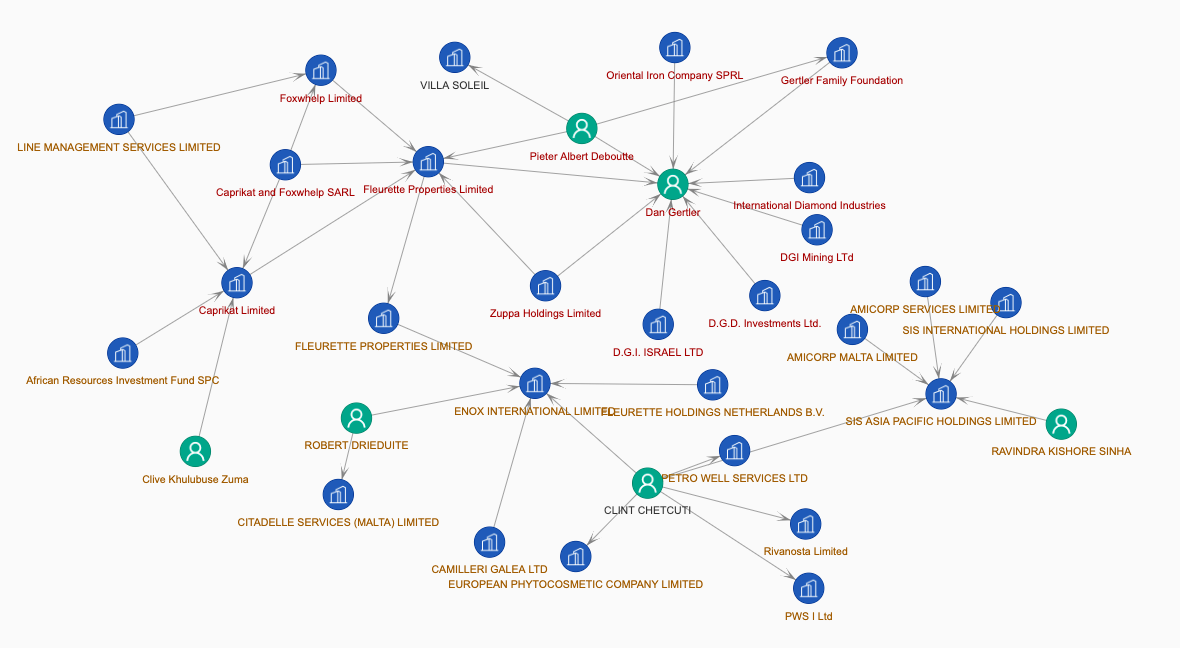
The hectic strategies adopted by most governments with regards to the management of the COVID-19 vaccination generated a dismal reality. The European Union is probably the most exposed to crimes in relation to COVID-19 vaccines. The black market, fake vaccines, smuggling and corruption are only a few of the issues worsening the current sanitary crisis. Why did things get out of control?
When Moderna and Pfizer announced the commercialisation of their vaccines back in November 2020, enthusiasm was in the air. Nevertheless, governments ignored completely the questions related to production scaling and distribution. Reality showed that the number of available doses was insufficient and Brussels was not able to deploy a single vaccination policy. Moreover, the allocation of vaccines per member country seemed to be biased, some countries are accusing others of taking unfair privileges. The political unrest forced Hungary, Slovakia and Slovenia to approve vaccines from Russia before getting the green light from Brussels. Thus, currently in the EU at least five vaccines (Pfizer, Moderna, AstraZeneca, Sputnik V and Sinovac) are circulating concomitantly.
With no centralized management and distribution, most governments involved the private sector, mainly pharmacies to help to implement the vaccination. This approach opens the gate to many risks and potential wrongdoings. Given the lack of thorough controls, criminals have all the conditions to take advantage of the situation and to extract illicit profits from vaccine trafficking. What are the current and potential crimes:
- Trafficking: Some countries, especially poorer ones have less access to vaccines. Criminals can use traditional channels of drug and human trafficking to introduce doses of vaccines. This concerns mainly vaccines produced in China, Russia and India.
- Corruption. Reports showed that high net worth individuals can buy access to the vaccine in various Eastern European countries. The immunization strategy gave priority to elder citizens or to those with comorbidities. But, individuals with deep pockets prefer to take a shortcut and to pay for getting the jab earlier than planned. Same individuals may pay to avoid vaccines with lower performance (ie Astrazeneca)
- Black market. An underground market for vaccines was reported in several countries, the logistics being managed by organized crime.
- Fake vaccines. Counterfeit doses are circulating in parallel with official ones and in some cases both products are provided by the same end-retailers.
Indeed the cure for coronavirus generates problems that makes the management of the health crisis worse. What are the risks related to vaccine trafficking and how they could unfold for the future development of the pandemic?
- Traceability. COVID-19 vaccine trafficking hinders the traceability of vaccinated individuals.
- Vaccination policy. Current vaccines may not suffice to tackle the new coronavirus variants. If new vaccine versions are released, the re-immunization of individuals that opted for black market jabs, could create real havoc.
- Additional sanitary risks. Fake vaccines or doses administered in improper conditions can generate new pathologies.
“We have to take care of the cure that will make the problem worse no matter what.”
Joe Biden, 46th president of the United States
Sanctions: Dan Gertler
The Biden administration takes sanctions very seriously. The new tenant of the White House reinstated sanctions against Dan Gertler, a prominent Israeli billionaire. Gertler managed to cut a deal with the previous administration which granted him a reprieve. Gertler controls a global empire with interests in mining and natural resources. His company DGI Investments controls diamonds and copper mining operations in DR Congo. The Treasury Department considers Gertler as a vector of corruption in countries where his companies operate especially on the African continent. Many firms from Gertler’s business empire appeared over time in various investigations, including the Panama Papers.

Focus: RAHN & BODMER
Swiss private bank Rahn and Bodmer and the Internal Revenue Service agreed last Friday to settle a US criminal case for 22 million USD. The Swiss bank was accused of helping US taxpayers to dissimulate their revenues and to hide their monies in offshore accounts. Rahn & Bodmer is based in Zurich, was founded in 1750 and has around 15 billion USD in assets under management. The alleged wrongdoings took place between 2004 to 2012, when the Swiss bank held undeclared accounts for over 340 U.S. taxpayers and helped them to evade over 16.4 million USD worth of taxes.
Over the past 12 months, the US Department of Justice tackled heavily the leading Swiss banks including UBS and Credit Suisse, for their anti-money laundering and tax evasion practices. Seemingly, the US will continue its strategy to deter all attempts of tax evasion and will heavily employ the extraterritoriality laws to inflict new penalties in Europe.
Word on the street: Mafiosi arrested in Spain
Spanish law enforcement operated in March arrests of two Italian citizens, holding leadership positions in organized crime. Last Friday, Spain's Guardia Civil arrested in Barcelona a high ranking member of the ‘Ndrangheta. The 34-year-old was a fugitive (latitante) for several years, being convicted in absentia to 20 years in prison in his native country for playing a leading role in international drug trafficking and money laundering. The citizen, whose name remained undisclosed resided in Germany until November 2020. His father has a high position in the Calabrian organised clan and is also imprisoned in Italy. This operation takes place amid an unprecedented trial aimed to destroy ‘Ndrangheta, Europe’s biggest criminal syndicate.
Another prominent arrest took place at a jobcentre in the Costa del Sol resort of Estepona, where Giuseppe Refrigeri, 66, was trying to find legitimate employment. Refrigeri is one of the alleged bosses of the Banda della Marranella, a major gang running the cocaine trade in Rome.
In 2018, the Italian police deployed a massive operation against the Banda della Marranella gang resulting in the arrest of 42 alleged members and the confiscation of 2 million euros worth of goods.